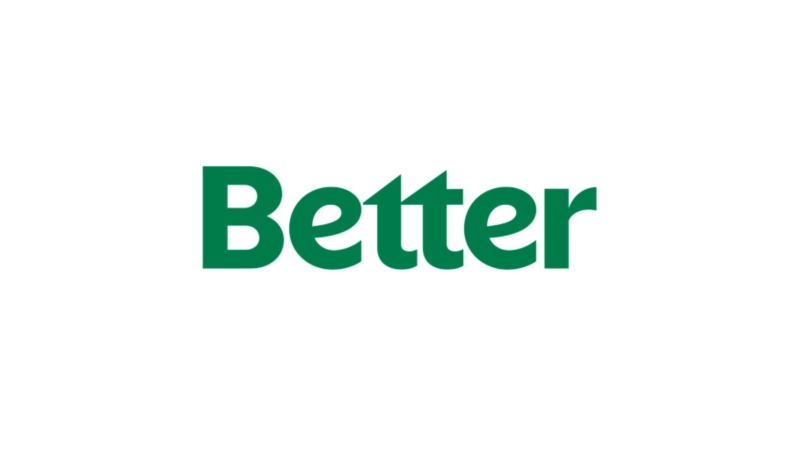Advertisement
FHA to issue regulations to increase net worth requirements of approved lenders

The Federal Housing Administration (FHA) has announced new regulations to further reduce and better manage counterparty risks to its insurance funds as it continues to play a critical role in the nation's housing market. FHA will issue regulations to increase the net worth requirements of FHA-approved lenders, strengthen lender approval criteria, and make lenders liable for the oversight of mortgage brokers.
"These changes support quality mortgage lenders while excluding organizations that are ill-equipped to handle the risk associated with market variations," said FHA Commissioner David H. Stevens. "That is particularly important now when a robust, competitive mortgage finance market is a crucial element in rebuilding the American economy. Lenders bear the overall risk of FHA-endorsed loans, therefore it makes sense for them to approve their counterparties and have sufficient capital to operate."
The final rule permits FHA to more effectively focus its resources on lenders that pose the greatest potential threat to its insurance funds and to ensure that lenders possess the resources appropriate for the financial services they deliver. FHA solicited public comments on this new regulation and considered those comments in the development of the final rule.
On Sept. 18, 2009 FHA Commissioner Stevens announced a set of credit policy changes that enhanced FHA's risk management function, including the hiring of a Chief Risk Officer for the first time in the agency's 75-year history. In addition, Stevens announced his intent to propose new regulations to further strengthen FHA's risk management. The final rule, to be published in the next few days, makes good on that promise and will:
►Strengthen the capacity of FHA-approved lenders: Since 1993, FHA has required approved lenders to have a net worth of at least $250,000. To ensure that FHA lenders are sufficiently capitalized to meet potential need, effective immediately, all new lender applicants for FHA programs must now possess a minimum net worth of $1 million.
►Provide sufficient time for current FHA lenders to increase net worth: Effective one year following the enactment of this rule:
● Current FHA approved lenders, with the exception of small businesses, must possess a minimum net worth of $1 million;
● Current FHA-approved small business lenders must possess a minimum net worth of $500,000.
Effective three years following the enactment of this provision:
►Approved lenders and applicants to FHA single-family programs must have a net worth of $1 million plus one percent of total loan volume in excess of $25 million.
►Approved lenders and applicants to FHA multifamily programs must have a minimum net worth of $1 million.
►Multifamily lenders that also engage in mortgage servicing must have an additional one percent of total volume in excess of $25 million.
►Multifamily lenders that do not perform mortgage servicing must have an additional 0.5 percent of total loan volume in excess of $25 million.
►Streamline lender approval: FHA-approved lenders currently assume liability for all the loans they originate and/or underwrite. While mortgage brokers will continue to be able to originate FHA-insured loans through their relationships with approved lenders, they will no longer receive independent FHA eligibility approval. These changes align FHA with Fannie Mae and Freddie Mac and have potential to increase the number of mortgage brokers eligible to originate FHA-insured loans while providing for more effective oversight of brokers by FHA-approved lenders. Mortgage brokers or other third-party originators, already approved by FHA, will be authorized to continue to originate FHA-insured loans through the end of the calendar year without sponsorship of an FHA-approved lender. Commencing Jan. 1, 2011, however, the origination authority will end.
Together, these new regulations align with risk management practices within the conventional marketplace and permit FHA to mitigate losses and decrease risk to its insurance funds. These represent significant steps toward ensuring that FHA resources are entrusted to lenders strong and healthy enough to meet the needs of the market.
For more information, visit www.hud.gov.
About the author





